Applying the Miranda can be confusing for some law officers, thanks to Hollywood! Depiction and interpretation of Miranda in real life is far from what we are made to believe in the movies. The entertainment industry makes it look like every arrest requires Miranda without any due process. That couldn’t be farther from the truth.
What is Miranda Rule?
The rule got its name from the Supreme Court’s landmark case of Miranda v. Arizona (1966). The rule gives criminal suspects in a custodial interrogation the right to remain silent. In essence, suspects have the right to refuse to talk without a lawyer during an interrogation. The aim is to ensure that the statements rendered by suspects are admissible in court.
Any evidence or information divulged under threat, coercion or violence is deemed inadmissible in the courts. It serves to avoid any form of self-incrimination by the suspect. The suspect must be made aware of his/her rights to remain silent, right to a lawyer, and the right to stop answering questions at any time. This rule is derived from the Fifth Amendment.
Applying Miranda
Miranda rule is applicable in the use of testimonial evidence during criminal proceedings.
An officer who is transporting a suspect is definitely not part of the interrogation and therefore has no right to interrogate the suspect concerning the crime. Such officer, however, has the right to ask basic questions about age, address and such. The detective assigned the case has the right to ask questions related to the crime but requires Miranda to do so.
Miranda rule is time specific. In cases where Miranda rule applies, the officer in charge must read the suspect the Miranda rights. If after maybe one week, the officer required further information from the same suspect, the officer must again read the Miranda rights to that suspect so far as the suspect remains in custody.
Miranda applies only to testimonial evidence. From the Fifth Amendment, this means testimonial statements that stem from facts.
The evidence must be obtained when the suspect is in custody. To determine whether a person is in custody requires the application of the ‘Reasonable Person Rule.’ Assuming you are as a reasonable person watching as a police officer places a person on handcuffs and puts them in a police vehicle and subsequently arrested, you would easily conclude that such a person is in custody of the police. On the other hand, if you observe an officer discussing with your neighbor who is out walking his dog, you would not see your neighbor as being in custody.
If an officer walks up to a suspect in his tennis court and interrogates him about a crime. The suspect, without knowing the officer has a warrant for his arrest and without the officer informing the suspect that he is under arrest, confesses to the crime. Upon such admission, the officer places the suspect under arrest without further interrogation. Miranda right is not necessary in this scenario as there was no custody or arrest prior to the confession of the suspect. No reasonable person will believe the suspect was under custody either.
Any evidence gathered must have been during an interrogation and conducted by state-agents. The questions must be such that would elicit incriminating responses from the suspect.
Miranda must be applied when these factors are present.


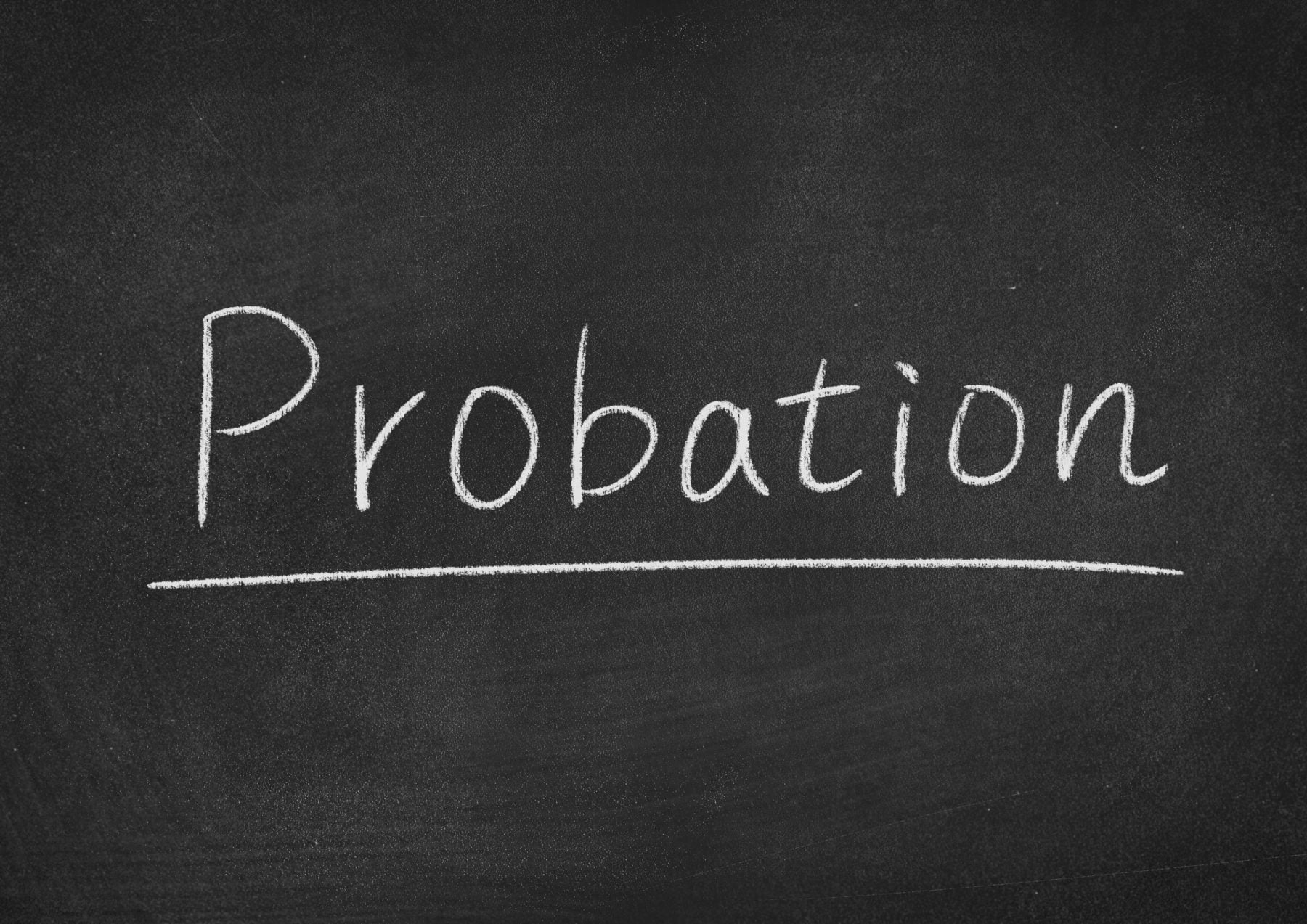
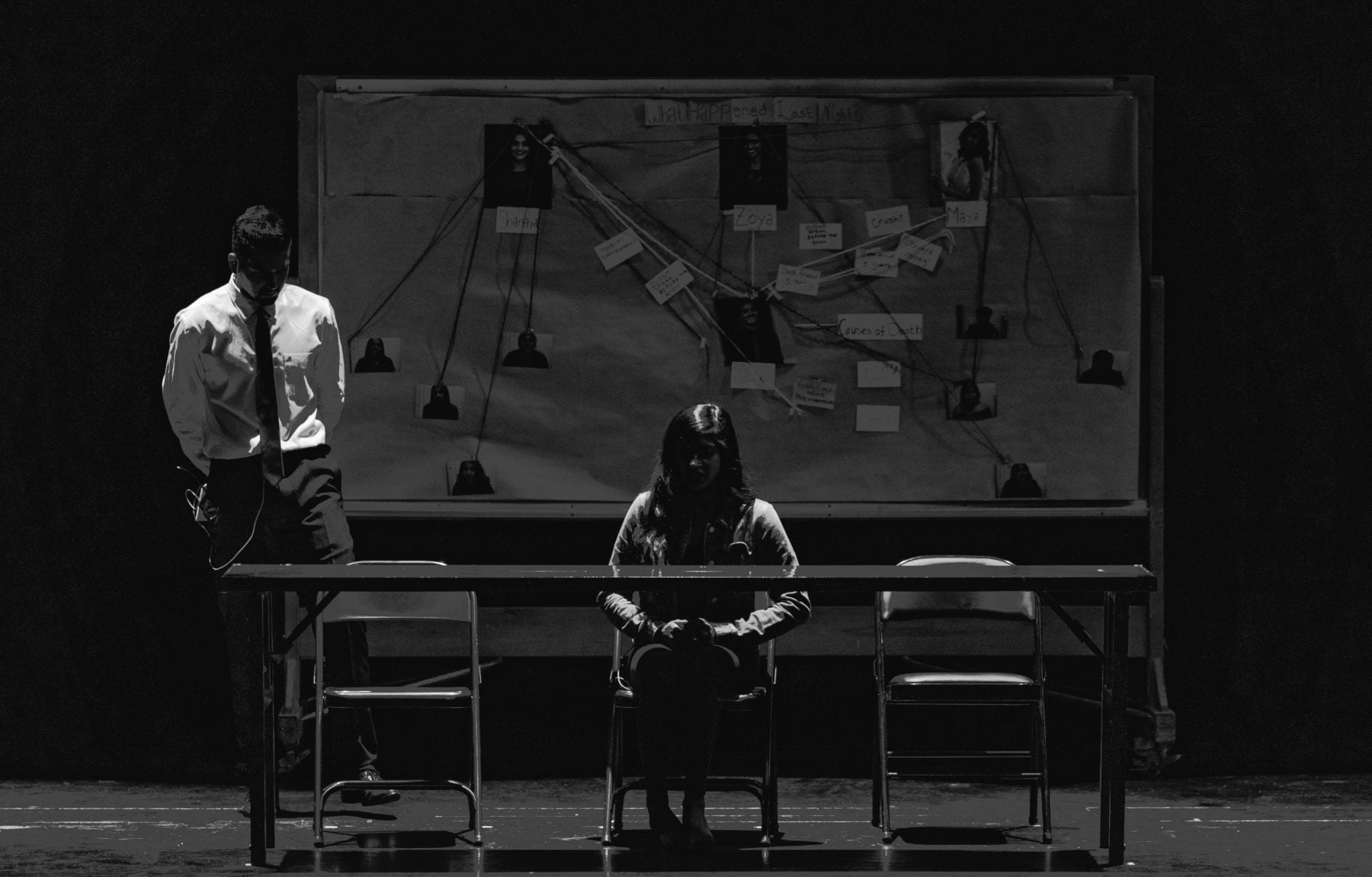

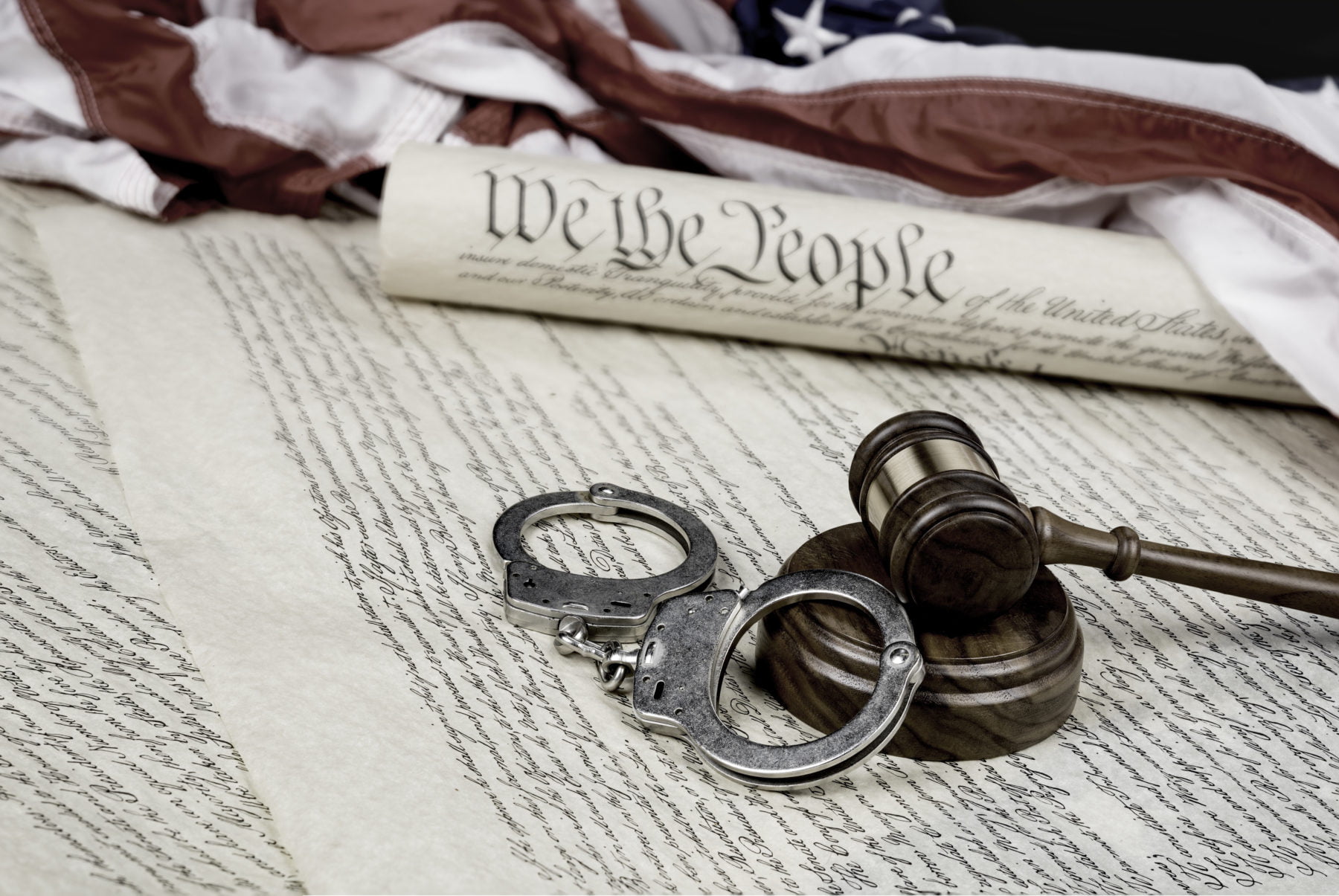


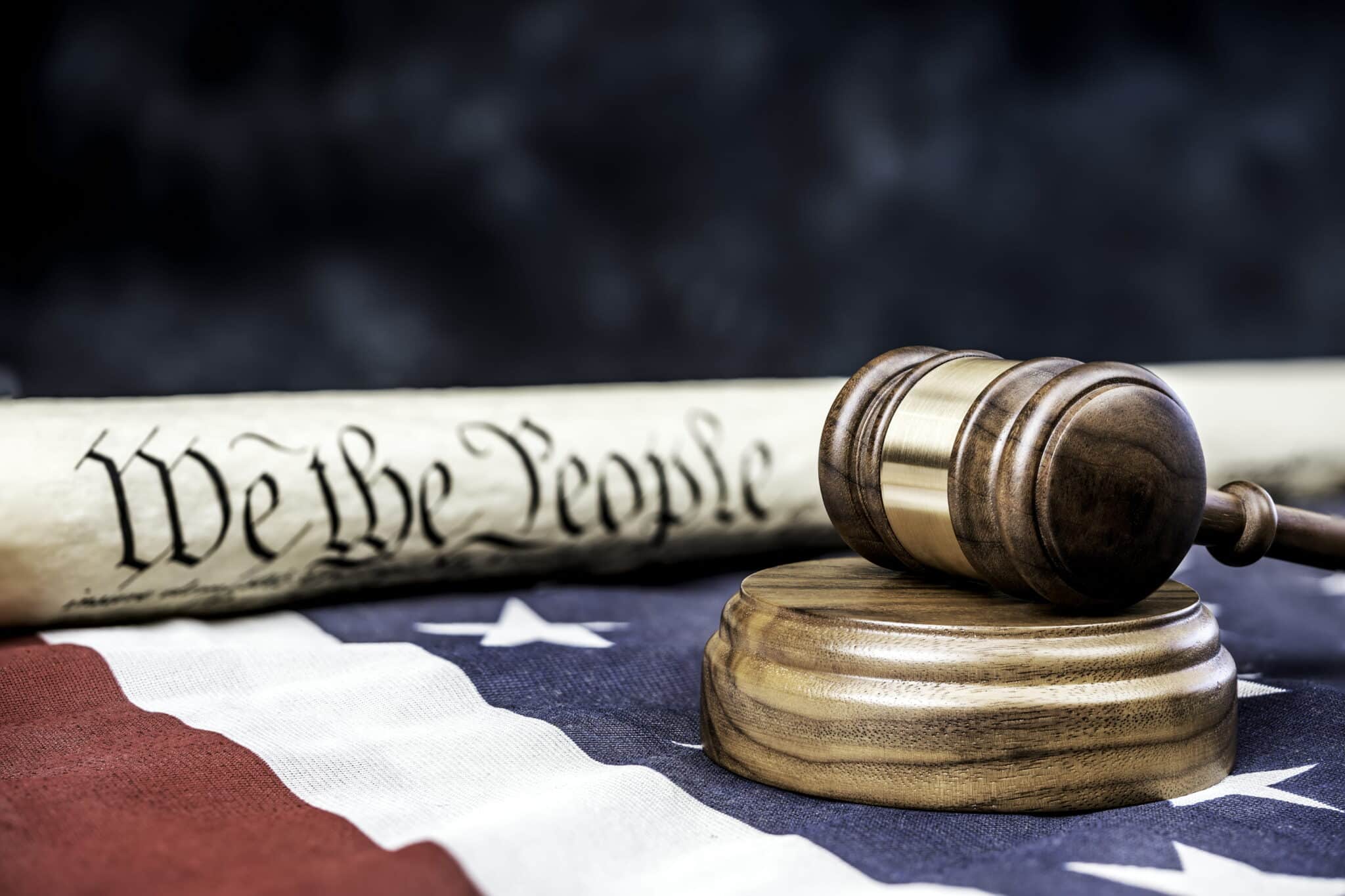

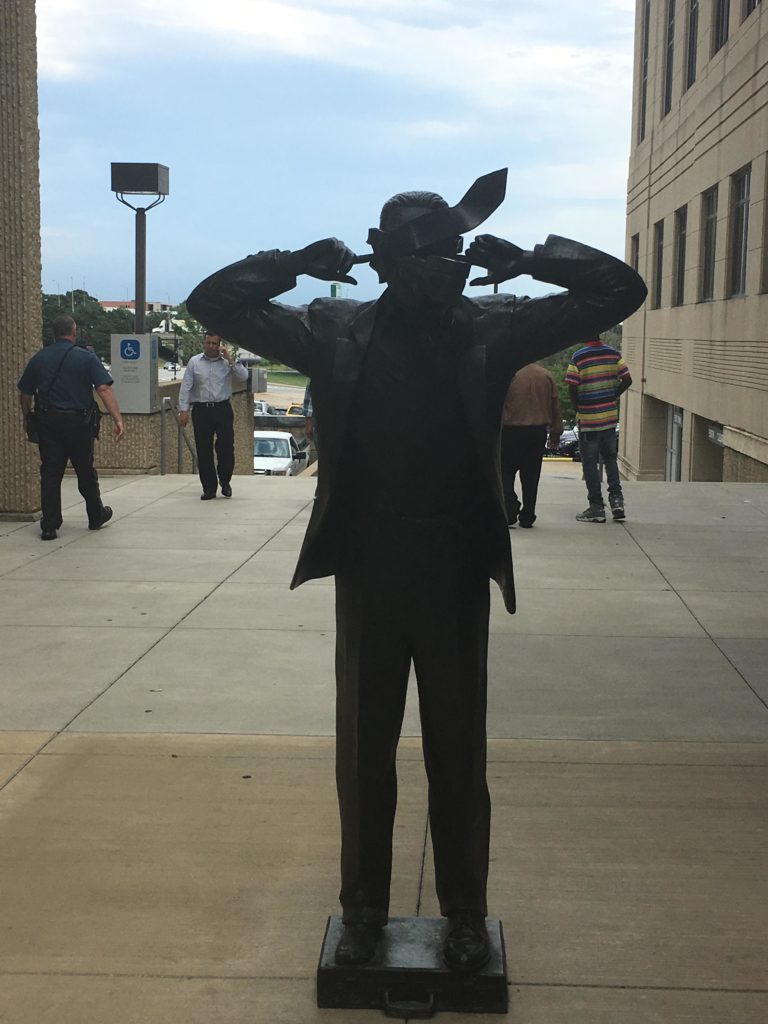

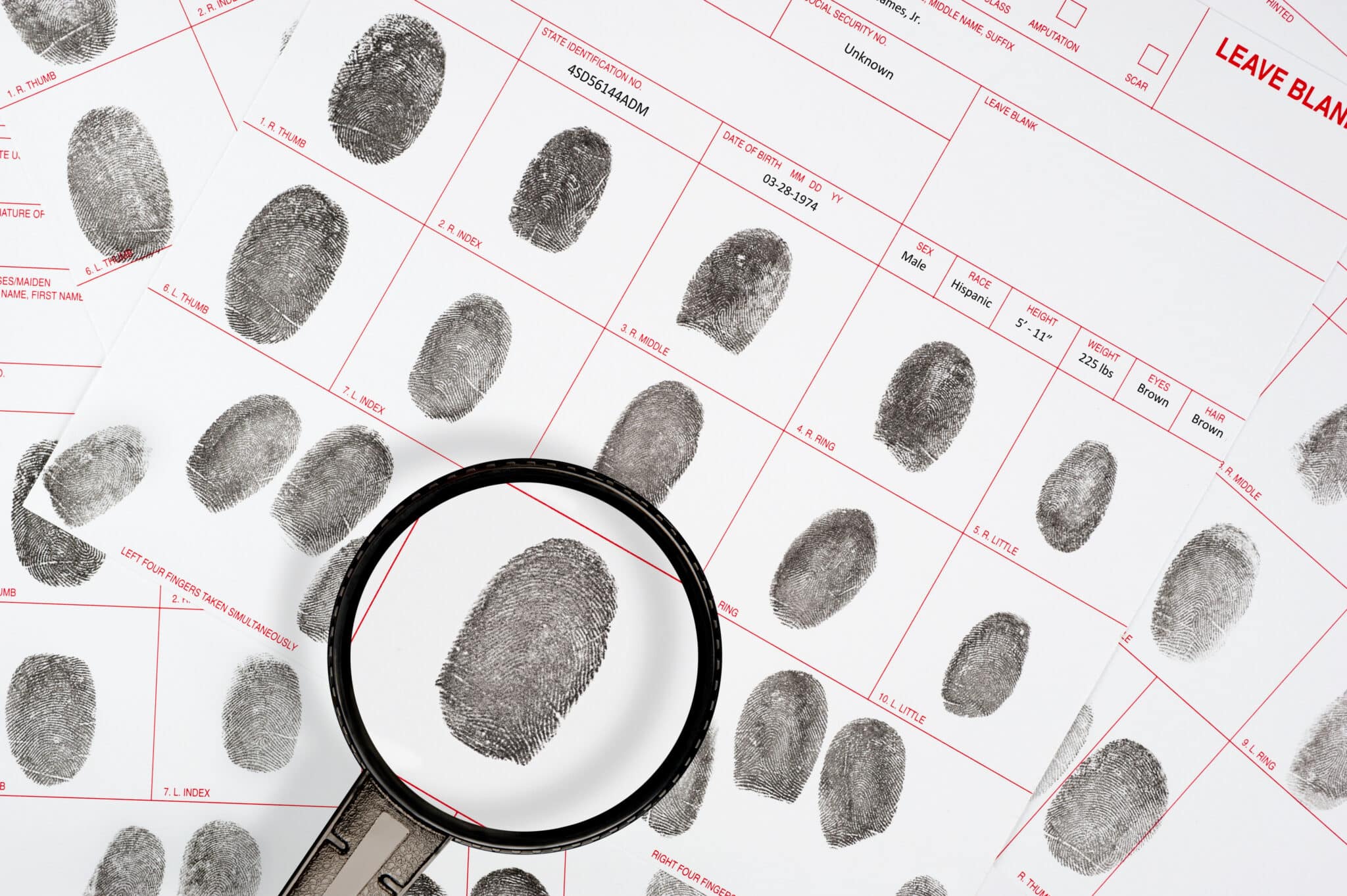
Recent Comments